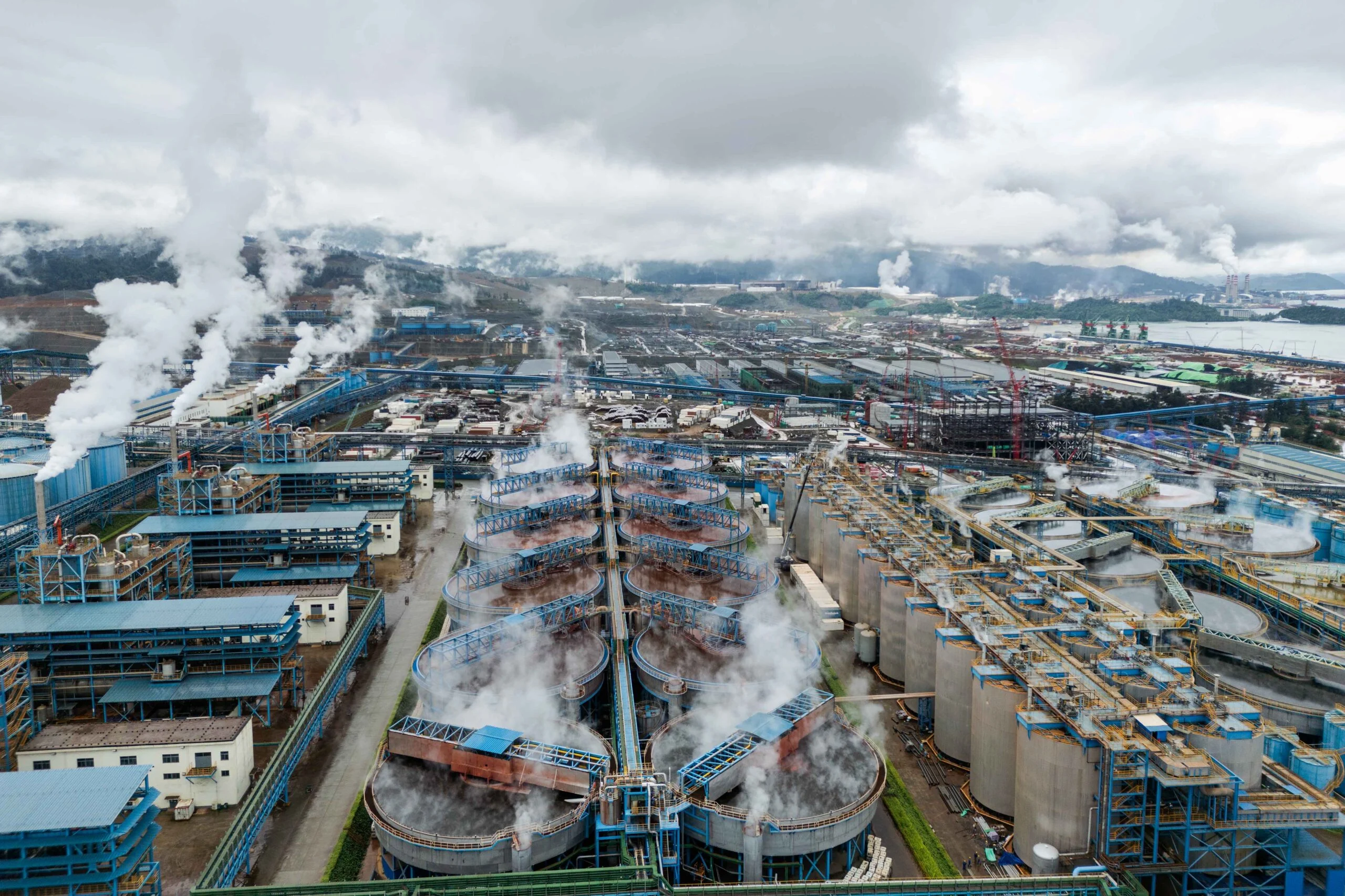 |
| Indonesian Nickel Smelter |
Chinese cobalt major Hanrui has delayed the launch of its Indonesian nickel smelter, citing permit extensions and geological challenges. The Hanrui Indonesian nickel smelter project, located in Central Sulawesi, will now commence production in March 2026, ten months later than planned.
Construction Shifts Toward Nickel Matte Output
Hanrui Nickel Indonesia, a subsidiary of Nanjing Hanrui, will operate the facility within Huabao Industrial Park. While the project originally targeted mixed hydroxide precipitate (MHP), the company has shifted focus to nickel matte production. The plant will produce 20,000 tonnes per year of nickel metal equivalent using oxygen-enriched continuous blowing technology. Construction is expected to take 15 months, though a detailed timeline is still pending.
This pivot reflects Hanrui’s strategic move to meet rising demand for nickel matte in the global electric vehicle (EV) battery market. Indonesia, with its abundant laterite resources, remains central to Chinese companies’ raw material supply strategies.
Fiscal Incentives and Long-Term Strategic Goals
The Indonesian government has granted Hanrui Nickel Indonesia a seven-year corporate income tax exemption. Following that, the project will receive a 50% income tax reduction for an additional two years. These tax incentives are part of Jakarta’s broader effort to localize value-added processing and attract foreign investment into its nickel sector.
Despite the delay, Hanrui views the Indonesian nickel smelter as a cornerstone in its ambition to deepen involvement in the EV battery supply chain. The project is expected to enhance China’s influence in critical battery materials and align with global trends in securing upstream supply.
The Metalnomist Commentary
Although delayed, the Hanrui Indonesian nickel smelter illustrates China’s enduring strategy to dominate EV raw materials. With tax breaks and technological shifts toward nickel matte, Hanrui is positioning itself for long-term relevance in the global battery ecosystem.













 We publish to analyze metals and the economy to ensure our progress and success in fierce competition.
We publish to analyze metals and the economy to ensure our progress and success in fierce competition.
No comments
Post a Comment